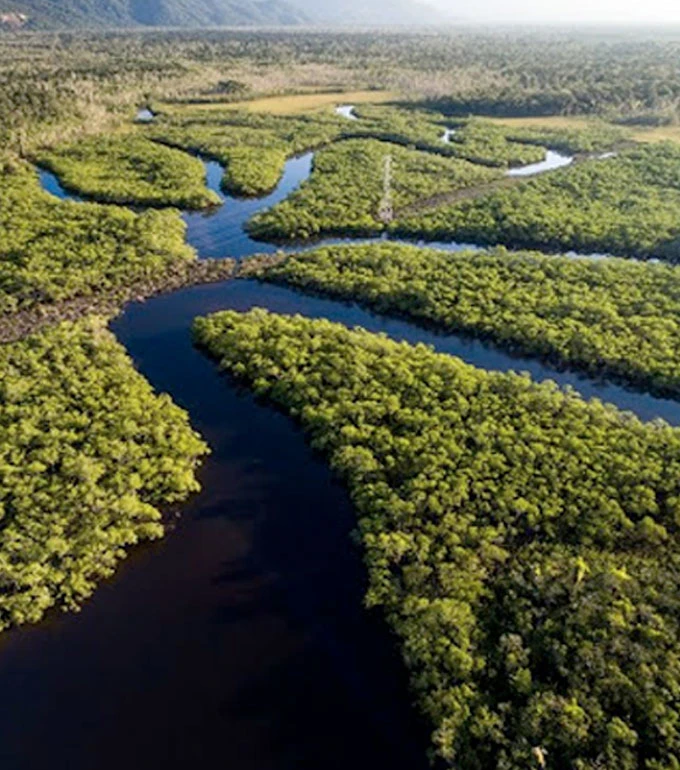Environment
The environment must be understood as a fundamental part of achieving human rights, since the right to life and an ecologically balanced environment are key to achieving a common quality of life for all and for achieving the dignity of society. human person. Environmental balance is one of the components of the desired sustainable development, which also includes a viable economy and a just society. This article aims to show how the environment fits as one of the assumptions of Human Rights of third dimension and mechanism of contribution to social well-being. Human rights correspond to the fundamental rights of every human person, which encompasses both individual aspects and also their sense of community. They are indispensable rights for a human life and based on historical principles such as freedom, equality and fraternity, which are essential and indispensable to a dignified life. With the research, it was found that the protection of the environment is a decisive factor for the consolidation of human rights, in which individuals need nature to fully develop in their life condition. In addition, it is from the economic development, based on the search for the preservation of the natural environment, that the social result becomes even more evident, because from this environment-economy-society relationship everyone wins. Without the environment there is no life. Therefore, seeking a protection mechanism for nature is the most sensible way for human beings to protect themselves, as well as ensuring that other people in the future have the same opportunity, that is, guaranteeing this right for the next generations.
Art. 225, CF / 88 - Everyone has the right to an ecologically balanced environment, a good for the common use of the people and essential to a healthy quality of life, imposing on the Public Power and the community the duty to defend and preserve it for present and future generations.

